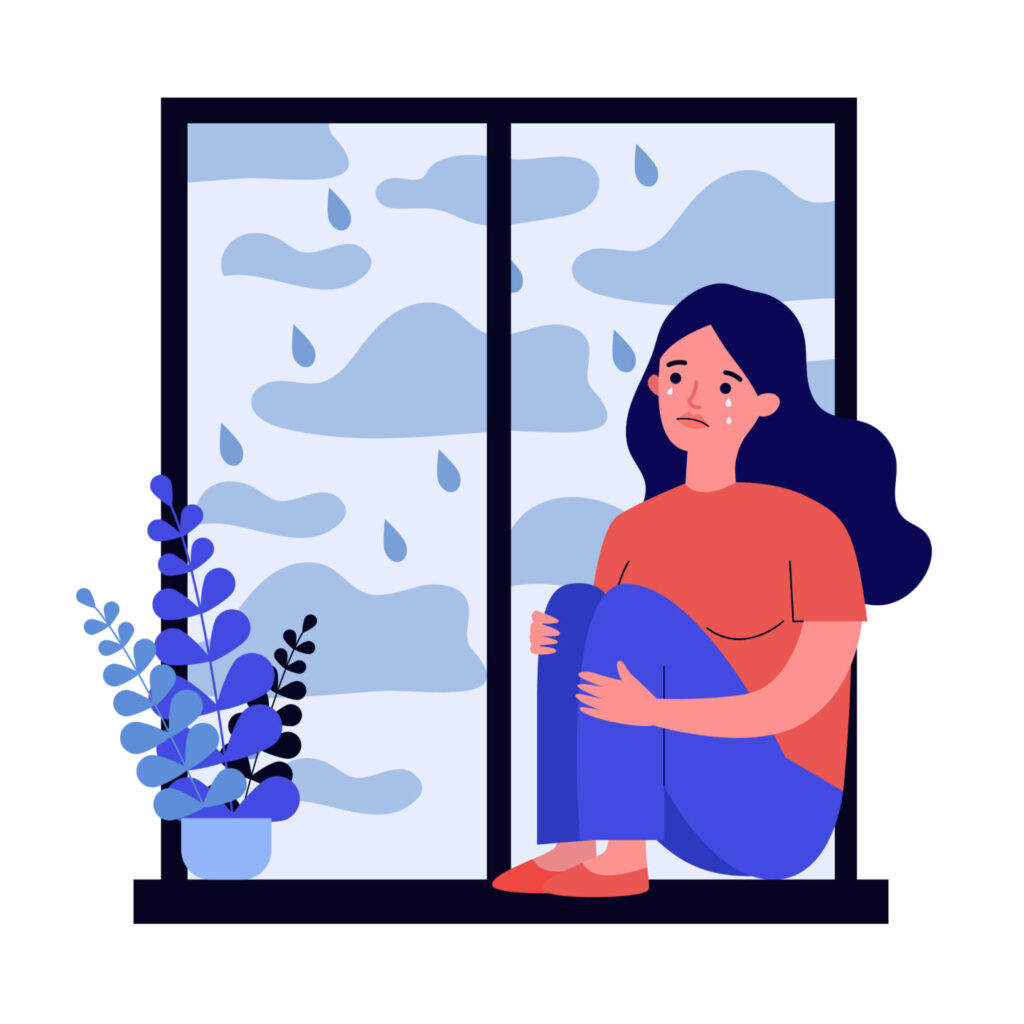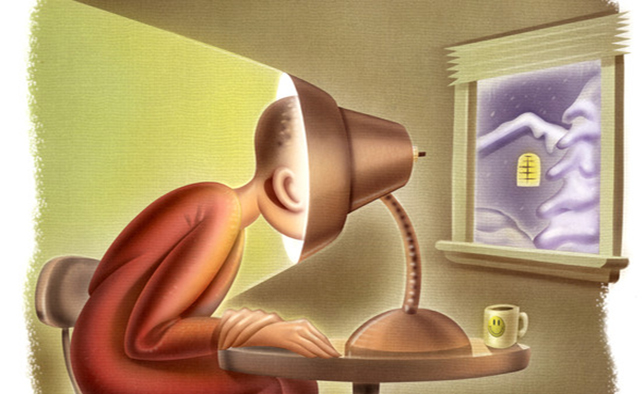You’re not alone in feeling winter blues. In this blog, we explore why so many people experience this.
What is seasonal affective disorder?
Seasonal Affective Disorder, also known as SAD, is a type of depression that occurs in a seasonal pattern. Often symptoms begin in the autumn as the days get shorter.
Symptoms can range from:
- Persistent low mood
- Loss of pleasure or interest in everyday activities
- Feeling lethargic
- Difficulty getting up in the morning
- Cravings for carbs and therefore gaining weight

The scientific side of things
SAD is often linked to reduced exposure to sunlight, and this may cause a part of the brain, the hypothalamus, from working properly. The hypothalamus regulates your body temperature, thirst levels, hunger, mood, sleep, sex drive and the release of other hormones in your body.
Without regular sunlight exposure, the hypothalamus increases its production of melatonin. Melatonin is a hormone linked to making you feel sleepy, which therefore causes a lack of energy. The hypothalamus also decreases its production of serotonin without regular sunlight exposure, and a decrease in serotonin is linked to feelings of depression.

Treatment for SAD
There are lifestyle measures you can take to help yourself during this difficult time, such as eating well and exercising regularly. As difficult as it is, getting out and exercising as much as possible is a great way to self-treat SAD. Getting as much natural sunlight as possible will help increase your serotonin levels.
If you’re still finding things hard, there are others measures you can take during this difficult time. You could consider different therapy types, including light therapy, where sunlight exposure is stimulated.
Another option is talking therapy, where you can talk to a therapist about any issues you’d like. Many people decide to take antidepressants as well as have talking therapy to help balance out the imbalanced hormones.
Also, if you can afford it, a great way to treat SAD is to visit somewhere with more sunlight, but obviously, that is only if you live a lifestyle where you can jet off to sunnier climates for the winter.

Supporting others
If you have a friend or family member who you believe is suffering from SAD, encourage them to seek treatment. Here are some useful websites that offer support and advice that may be beneficial for you or others.

Related information
For more information about support for young mental health and well-being, visit TheSprout’s Mental Health information page.
Read more tips about fighting seasonal depression.
This blog was written in 2020 by Sean, a young person who writes for TheSprout.




